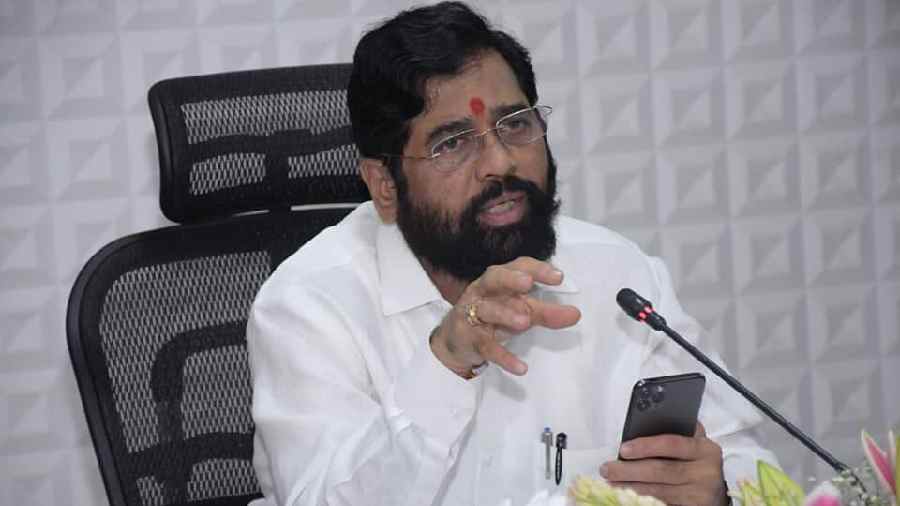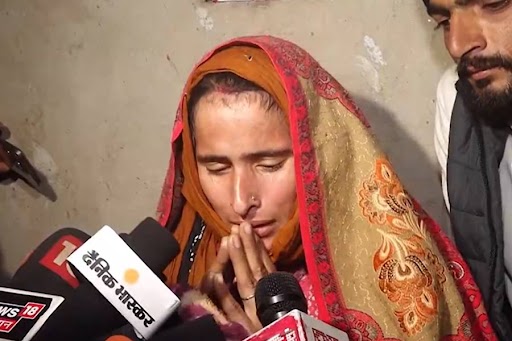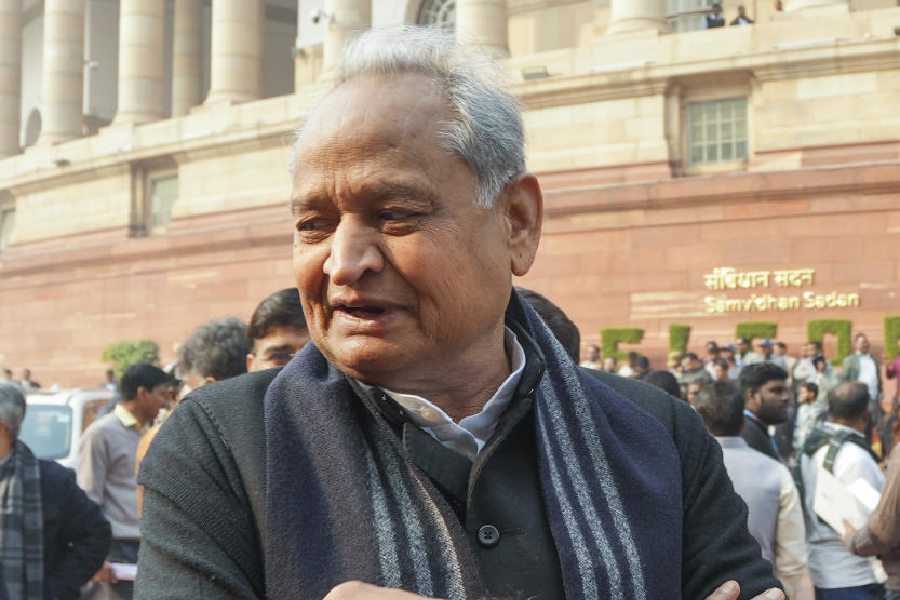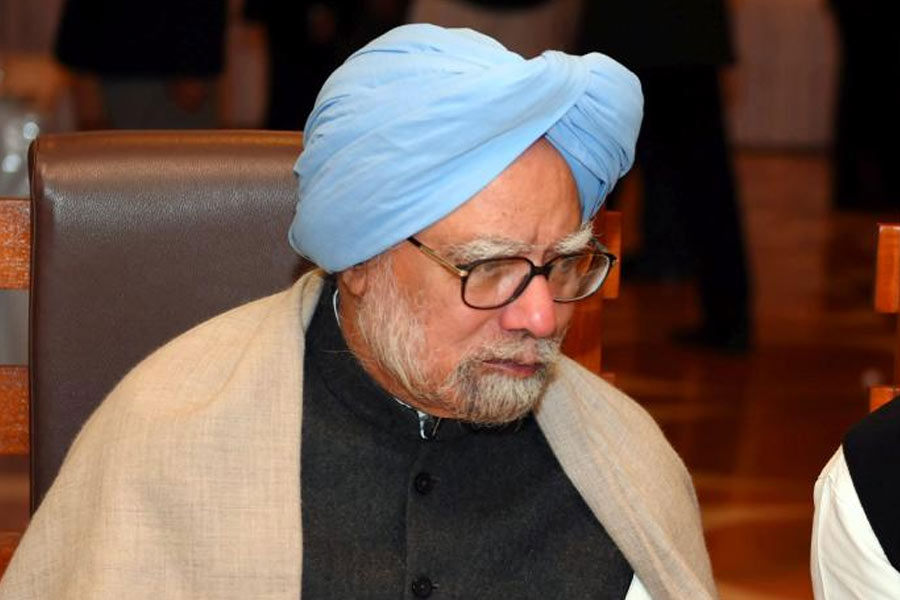In a topsy-turvy world, it is perhaps logical to expect intimidation to be wrapped in the confetti of benevolence. Consider the decision by the Maharashtra government to mint a new Interfaith Marriage-Family Coordination Committee, under the aegis of the state women and child development ministry, to monitor mixed marriages. There has, of course, been an attempt to paint the initiative as benevolent: women in need of support and rehabilitation would be provided with these. But the mischief is evident from the remark by the Eknath Shinde government, yet another rabbit that the Bharatiya Janata Party produced from its hat of defections, that such a step had been necessitated by the murder of a young Hindu woman by her Muslim partner. In other words, a murder was communalised and then invoked to legitimise surveillance. Incidentally, intercaste marriages were initially kept within the ambit of this hounding mechanism, but Mr Shinde’s government, perhaps mindful of the political impact of such a measure on delicate caste alliances, developed cold feet. Women in difficult marital relationships are not exclusive to interfaith unions: should Mr Shinde then not think of ‘monitoring’ women trapped in such arrangements irrespective of faith? That perhaps is asking for too much benevolence. Demonising Muslims in mixed marriages is less cumbersome.
There is speculation that this is the first step that Maharashtra has taken in its journey to emulate Uttar Pradesh and Uttarakhand, BJP-ruled states that have passed controversial anti-conversion laws. Surprisingly, what is not discussed often is that the premise of this kind of vigilantism is the bogey of love jihad, a figment of the majoritarian imagination. Moreover, the Centre is on record, stating in Parliament that no case of the phenomenon has been registered by the Central agencies. Then what is the need for such toxic intrusion? Maharashtra’s intervention also bares another challenge: the broader public inertia surrounding the invasion of privacy of consenting adult citizens and the negation of their fundamental choices. This in a country whose highest court has decreed privacy to be an inalienable right. The difference in perspective between the judiciary and the executive could not have been starker. The enthusiasm for such incivility goes to show that a supposedly democratic, inclusive republic now has little qualms about tailoring — tainting — its perspective on such critical issues as diversity, tolerance, choice and privacy according to the dominant political rhetoric.











